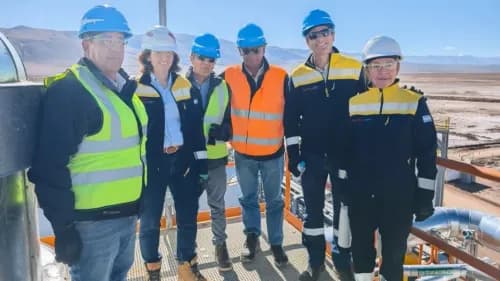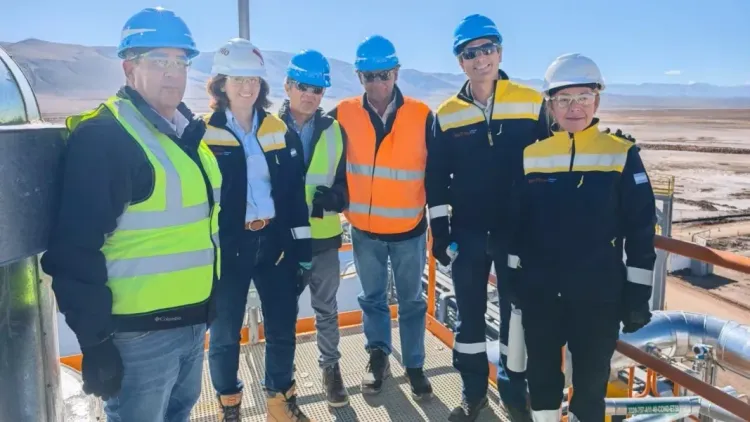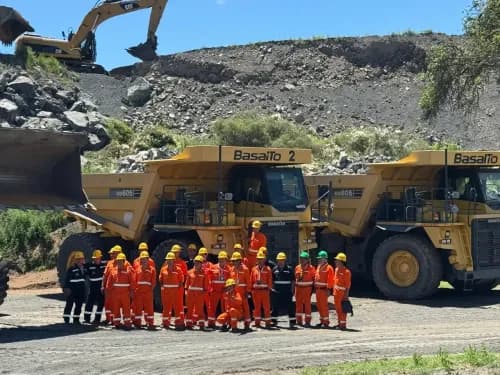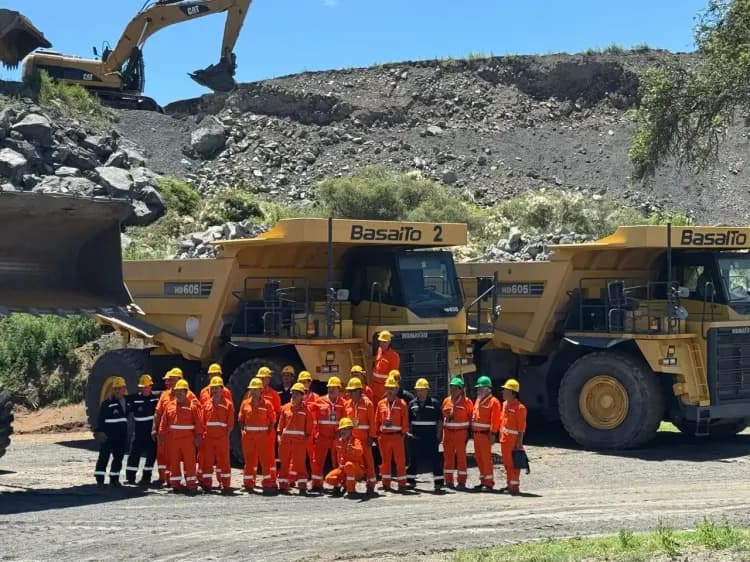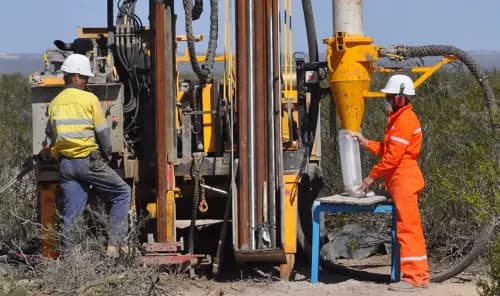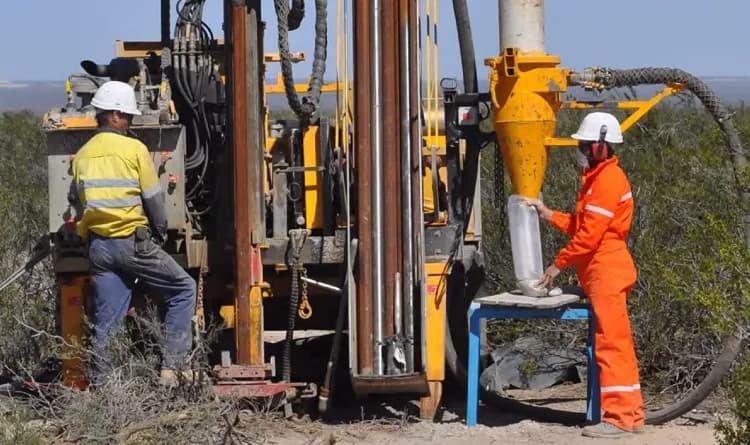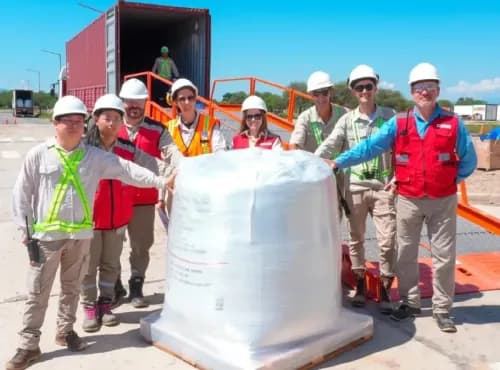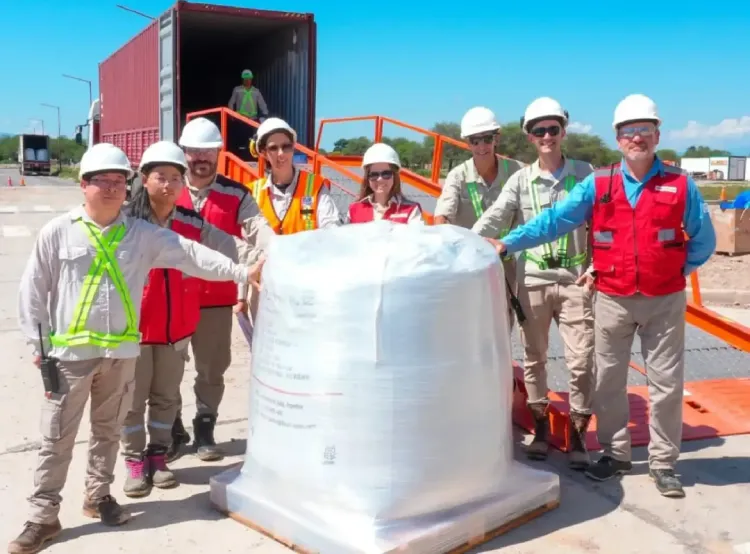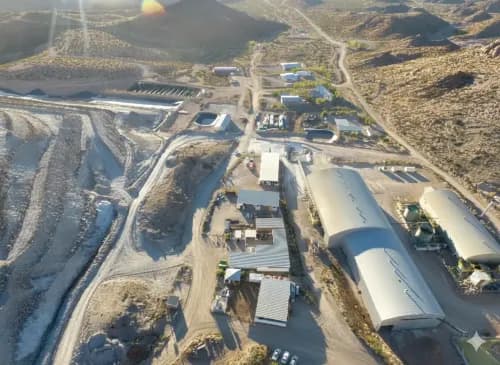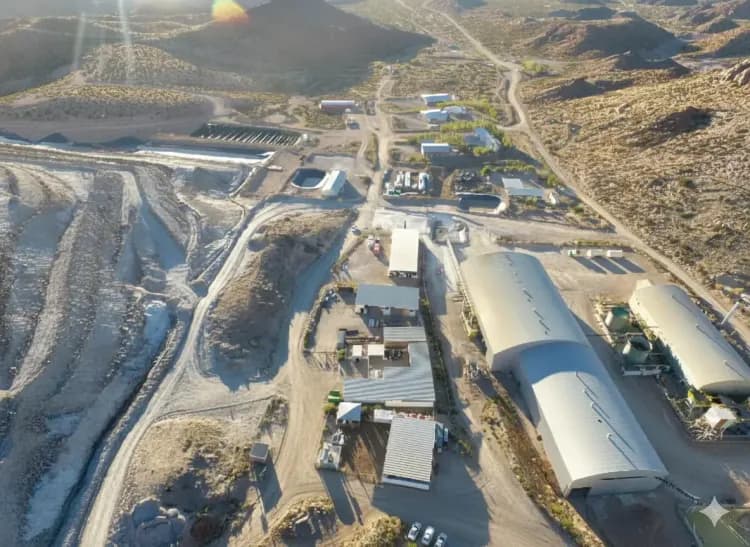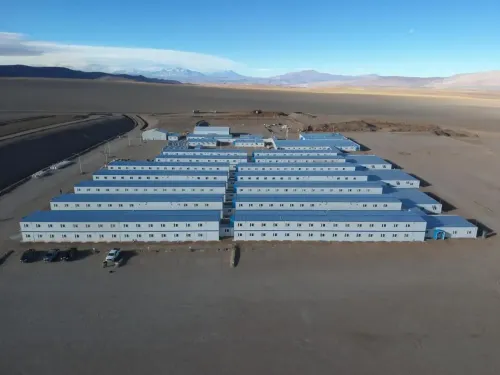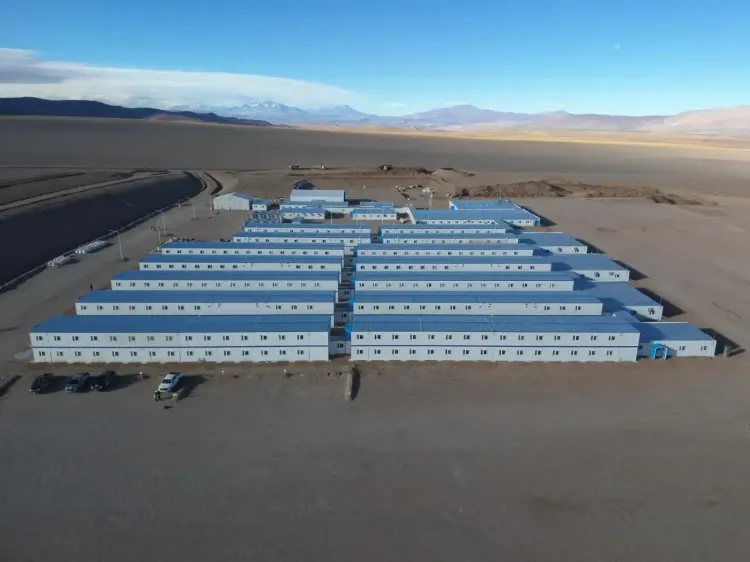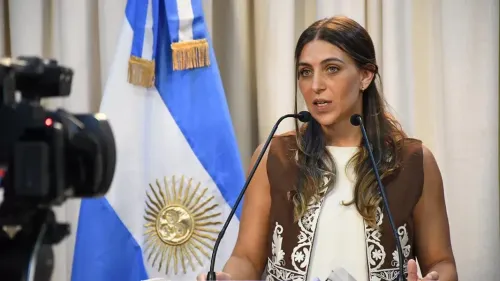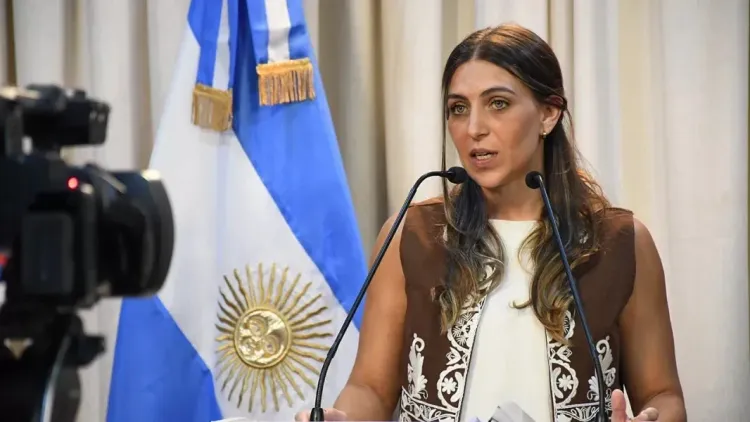Over two days, Salta once again showed why the chessboard can speak the language of mining. The 4th Mining Chess Circuit brought together companies, government, communities, students, suppliers, and players of all levels in a space where sport—far from being an accessory—became a genuine bridge connecting mining, education, and territorial development. The event was organized by CAPMIN – the Argentine Chamber of Mining Suppliers, the Secretariat of Mining and Energy of Salta, Salta Deportes, and CAPROSEMITP.
By Panorama Minero
The governor of Salta Province, Gustavo Sáenz, took part in the event and highlighted the deeper meaning behind this initiative: “Chess is important, but so is bringing together kids from different provinces and the mining companies that work in Catamarca, Jujuy, and Salta—and that show their commitment to social responsibility. Let’s keep participating, learning, thinking, and fostering those values that only sport can transmit. Salta welcomes you with open arms.”
With that vision, the tournament consolidated a space where modern mining operates much like chess—planning, anticipating scenarios, and moving each piece with social responsibility and territorial commitment.
The event gathered sector leaders who value chess as a formative discipline, a social tool, and a vehicle for regional integration. Nearly 400 competitors—from 8-year-old children to grandmasters—arrived from across the NOA, Buenos Aires, and neighboring countries to participate in a tournament that has already become an itinerant classic of the mining sector.
“At the mines, people play a lot of chess”
Grandmaster Carolina Luján, co-organizer of the circuit, recalls that the idea was born “during a conversation among friends.”
Matías Baglietto, now vice president of CAPMIN, was the one who pointed out something few outside the sector know: “In the mines, people play a lot of chess during their breaks, but without leaving the camp.”
From that almost anthropological insight, the spark emerged: why not create a top-level tournament for miners, community members, and local players? “We wanted to organize professional-quality tournaments, like the ones we play in Europe—but here, in northern Argentina. And to create competitive activity so that players don’t have to leave the country to develop,” Luján explains.
There have already been editions in Catamarca (twice) and Jujuy. This year, “it had to be Salta. It was the little jewel of the north that was missing,” she said.
Voices that Move the Board
Roberto Cacciola, president of CAEM —the Argentine Chamber of Mining Companies— highlighted the integrative impact of the event: “The Chess Circuit is an opportunity to show that Argentine mining not only generates employment and development, but also drives spaces for training, critical thinking, and community participation. Initiatives like this strengthen the social fabric and promote values we share: strategy, commitment, respect, and fair play.”
From the private sector, the sentiment was similar. Andrea Apaza, CAPMIN delegate in Salta, emphasized the sector’s collaborative spirit: “Mining and chess come together to showcase strategy, vision, and community—values that define the Argentine Chamber of Mining Suppliers. What I value most is the generosity and development that allow us to look beyond provincial borders and generate synergy. For me, as an active member, it was key to show my company from a different perspective.”
Jorgelina Campos, general manager of Wichi Toledo, highlighted the company’s commitment to territorial integration and culture: “From the very beginning we decided to support this activity. Today it’s essential to be present not only in mining, but also to support culture across the country. CAPMIN is generous in training and values the work of all participants. Thank you to everyone who joined us on a Saturday to share this space. Let’s keep strengthening these activities.”
Federico Alvarado, General Manager of Mining Argentina at Grupo Ceta, focused on the scale of the event: “We’re fortunate to have an international-level convention center. We celebrate the synergy, the community, and the curious minds that gather here today. My thanks to sponsors and participants.”
From CAPROSEMITP —the Chamber of Mining and Tourism Service Providers of the Argentine Puna— Gabriela Miranda offered the perspective of suppliers from the Puna: “The game is closely linked to mining: strategy, concentration, and passion. In mining camps, people play a lot of chess. In their free moments there aren’t many options, and this game brings people together. Supporting this event is important for us because new visions are born here.”*
Emiliano Durand: “Mining must be a State policy”
The mayor of Salta, Emiliano Durand, delivered a message strongly focused on productive development: “Every time you walk through the neighborhoods, what people ask for most is work and development. Mining represents exactly that. In chess we see values that we promote from the Municipality. In our trade schools, chess training is in high demand, and we support clubs in the neighborhoods. Thank you for generating opportunities and economic activity. Everything we can do—together with Governor Gustavo Sáenz—to support this development, we will do. Mining must be a State policy: it must transcend administrations and sectors and become an opportunity for prosperity for the people of Salta.”
Durand also detailed the municipality’s strong commitment to training programs: “We have courses in heavy machinery, truck operation, Puna operations, health and safety, and many more. We work with CAPEMISA, UNSa, UPATecO —the Provincial University of Administration, Technology and Trades—, the Catholic University, the Municipality, and private companies. For those who want to train workers to employ them, we provide teachers, infrastructure, and all our support. We want the people of Salta to work in mining.”





